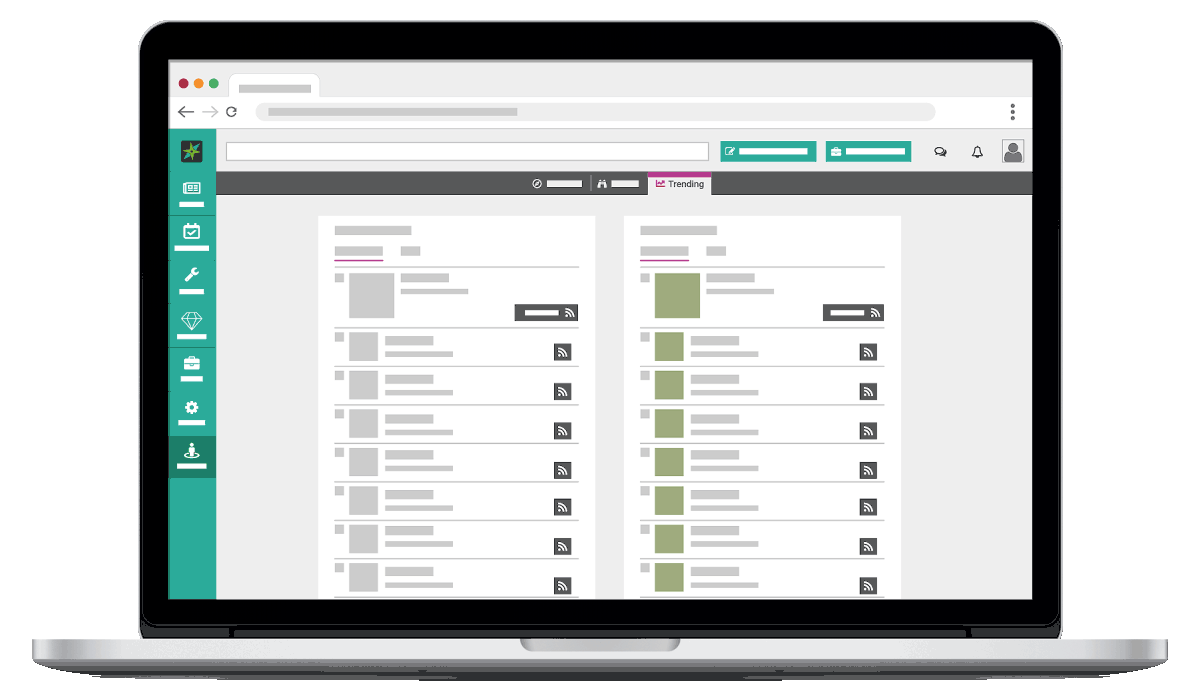Last week’s furore in India’s Yes Bank was the latest in a rough year for India’s private banking sector. CEO and Co-Founder Rana Kapoor stepped down after the Reserve Bank of India (RBI), the country’s central bank, did not extend his term past January 2019.
The development sent ripples across India’s banks and led to Yes Bank’s share price plummeting 34 percent on the day of RBI’s verdict, as investors dumped the stock en masse. But unlike most others covering the sector, independent analyst Hemindra Hazari saw this coming as early as 2017. And even before that, there were structural problems in place that heralded future woes.
“[Yes Bank] is a promoter-driven bank,” Hazari says in an interview with Smartkarma. “Rana Kapoor is not only a promoter (or founder) but also a CEO.” The independent analyst highlights that the regulator must always separate ownership from management in the banking sector, which the RBI did not do when it granted Yes Bank a licence in the early 2000s.
May 2017: First Wrinkles
Even so, Yes Bank continued to enjoy favourable views from a number of analysts. In fact, the lender was listed among India’s top 10 constituents on MSCI’s ESG (Environmental, Social, and Governance) Leaders Index. But Hazari had his doubts. In May 2017, he published an Insight on Smartkarma where he drew attention to the fact that the bank’s non-performing assets (NPAs) were five times higher than what the bank reported. “It is a matter of grave concern when the board of directors and the banking supervisor does not take stringent action,” he wrote at the time.
October 2017: The Plot Thickens
A few months later, in an Insight published on 27 October 2017, Hazari marveled at how Yes Bank misreported its financials for a second consecutive year. They got a mere a slap on the wrist by the RBI for the previous year’s misconduct. “By not taking stringent action even after the disclosure of massive misreporting, the regulators’ reputation has been damaged, which will have an impact on investor confidence in Indian banks and the capital market,” he concluded.
April 2018: Overexposed
Hazari rang the alarm as the bank refused to classify exposures such as a Rs 4.85 billion (US$66 million) loan to ailing shipbuilder Reliance Naval and Engineering, or a Rs 836 million (US$11.4 million) loan to Matix Fertiliser and Chemicals, as NPAs.
“This is what heightened my concern, and therefore I kept arguing consistently that if the board is not taking action against the CEO, the regulator must step in and remove [such leaders],” he says.
September 2018: The Smoke Clears
It was only in September this year that the central bank finally took action by refusing to endorse a new three-year term for Rana Kapoor as CEO of Yes Bank. The central bank did the same for Shikha Sharma, chief executive of Axis Bank – the third largest private lender in India, for which Hazari issued numerous cautions as well.
The vindicated analyst hailed the development, writing: “It is gratifying to note that the RBI finally acted decisively and correctly in not renewing the three-year term for such CEOs, thereby restoring the credibility of the RBI as a banking supervisor.”
The problem is far from restricted to Yes and Axis, however. “What we have seen at Yes Bank is a systemic problem,” Hazari says. He identifies a widespread problem of accountability in the private banking sector, where both executive and non-executive directors on a bank’s board are reticent to go against the CEO.
The value of independent Insight
In an environment where neither board members nor auditors will point out red flags, it falls to independent analysts to be the watchdogs for investors and the ecosystem, Hazari argues. But even the broader analyst community seems hard-pressed to downgrade a lot of these institutions.
“Nobody in the system wants to challenge the existing management,” Hazari says. “There is a total aversion in our industry, very sadly, to do critical, analytical research and directly implicate and hold accountable the CEOs and Boards of Directors of the companies under our coverage.”
By publishing his research independently on Smartkarma, Hazari has been able to raise his concerns about multiple other banks, including Axis, ICICI, HDFC, and more.
“On an independent platform, you have a much greater leeway because there is no company boss you’re reporting to. You’re representing only yourself,” he says. “I think that has been the true beauty of Smartkarma for me: Here, I have a platform that reaches out to global investors and has a wider footprint than I, as an individual, would have.”
Independence is not a weakness
Analysts shouldn’t be afraid of ruffling a few company feathers, he opines. There is a wealth of data that they can use, mandatory disclosures that tell enough of the story to allow them to do their job, even if they lose corporate access.
It is up to the company to answer an analyst’s questions and address his/her concerns, and that ultimately is good for everyone, Hazari argues. “Once you reach a stage where your critical reports are appreciated, the company, even though it disagrees with you, will respect you. And it is in their interest to be in contact with you because they want their version to be reported.”
“This is something which the analyst community must understand, appreciate, and leverage on,” the analyst concludes. “Unfortunately we’re used to being spoon-fed all the time by the management of these companies.”
Watch the full interview with Hemindra Hazari below:




